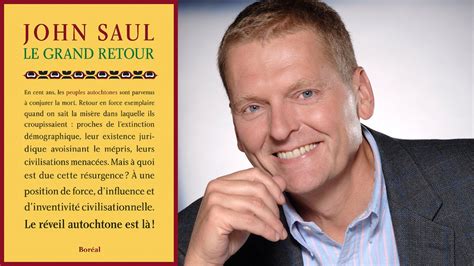A Quote by Julian Jaynes
The very reason we need logic at all is because most reasoning is not conscious at all.
Related Quotes
The deep paradox uncovered by AI research: the only way to deal efficiently with very complex problems is to move away from pure logic.... Most of the time, reaching the right decision requires little reasoning.... Expert systems are, thus, not about reasoning: they are about knowing.... Reasoning takes time, so we try to do it as seldom as possible. Instead we store the results of our reasoning for later reference.
I would call the attention of the reader to the difference between "reason" and "reasoning." Reason is a light, reasoning a process. Reason is a faculty, reasoning an exercise of that faculty. Reasoning proceeds from one truth to another by means of argumentation. This generally involves the whole mind in labor and complexity. But reason does not exist merely in order to engage in reasoning. The process is a means to an end. The true fulfillment of reason as a faculty is found when it can embrace the truth simply and without labor in the light of single intuition.
You can teach people specific reasoning, such as how to fly a kite or build a wheel. General reasoning cannot be imparted upon people, particularly if they like things the way they are - meaning, if their reactions are very simple. The reason most people behave badly or poorly is because they only understand simple things.
In every enterprise ... the mind is always reasoning, and, even when we seem to act without a motive, an instinctive logic still directs the mind. Only we are not aware of it, because we begin by reasoning before we know or say that we are reasoning, just as we begin by speaking before we observe that we are speaking, and just as we begin by seeing and hearing before we know what we see or what we hear.
I learned early that you'd better know what you're talking about. You'd better realize that certain issues are going to be so hot - no matter what reason, what logic you apply to it - you're going to be met with an opposition just because their viewpoint is different, and there's no way they're going to accept your reasoning. Furthermore, they're going to attack you because you will be portrayed as not being credible: "You're an actor. What do you know?"
Among all the liberal arts, the first is logic, and specifically that part of logic which gives initial instruction about words. ... [T]he word "logic" has a broad meaning, and is not restricted exclusively to the science of argumentative reasoning. [It includes] Grammar [which] is "the science of speaking and writing correctly-the starting point of all liberal studies."





































